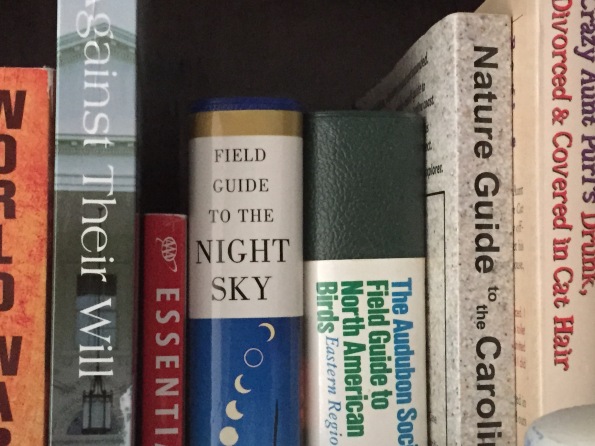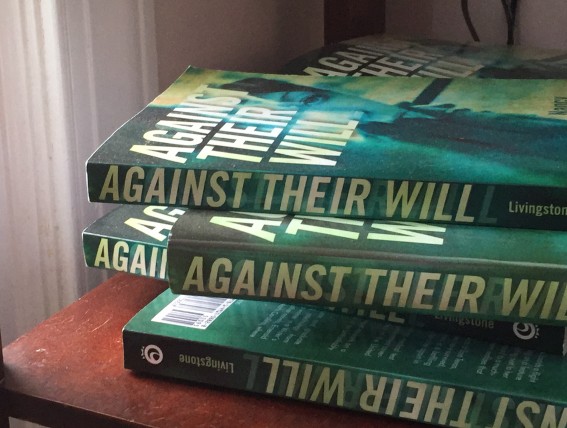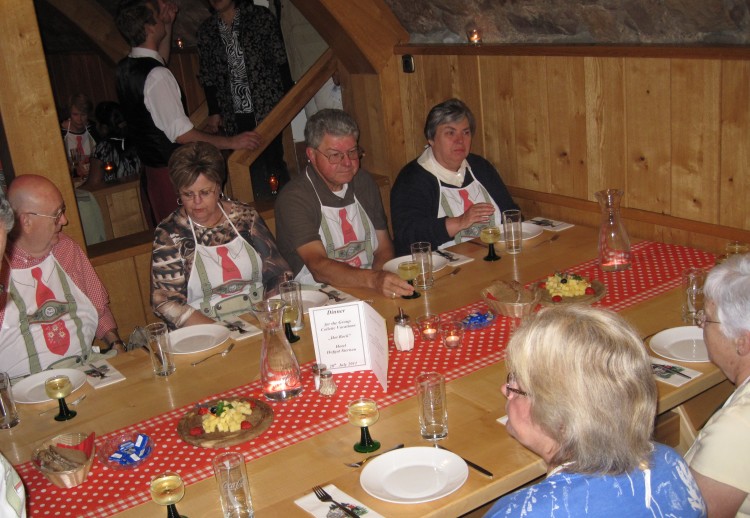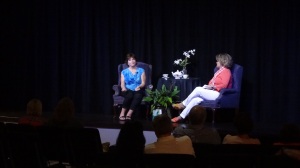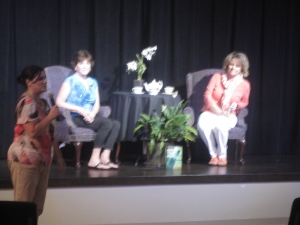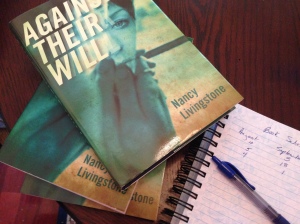
Sales, Sales, Why am I so Stressed?
More and more authors now agree that traditional publishing is not the same lofty goal and heavenly realm that was held as the ultimate achievement for one wanting to write the great American page-turning book. It no longer guarantees success for the author, or that a published author can sit back and watch her bank account grow daily. With the exception being that known authors get more, most authors on a traditional royalty paying program, especially those first time writers, receive often paltry payment, the sums sometimes as little as cents on the dollar earned. So, what is a new author to do?
Okay, I have to ‘fess up. I’m one of those authors who left “traditional publishing”. Gaining my independence wasn’t entirely stress free, however. I was chided for “daring” to leave the structure of the traditional program. I was told I was crazy to give up guaranteed publication. There was no mention of guaranteed sales, however! And that was the kicker. I had little to no control over the cover, the design or editing. Despite begging for changes and pointing out mistakes, etc., it seemed nothing happened to rectify these things. So, I jumped and made the plunge into the turbulent waters of doing it on my own.
I have control over all aspects of my work, from cover, to fonts, to design, to even how long I keep it in print. I decide how it is released and how it is promoted. Going independent opened up new horizons for me. I began to see the book selling world differently and slowly learned that getting pushed outside one’s comfort zone wasn’t a bad thing. What I was doing was for me and my success, not someone else’s.
Okay, so those are the positives. There were negatives as well. Like so many writers, doing sales was and still is “not my thing”. Talk about intimidation and total paralyzing fear! Help! And, that’s what I got. I selected a company that offered a full range of services that were designed to get authors up on their feet and running toward success. Services covered all aspects of PR campaigns, to websites, and even doing book trailers. These were the items I felt I could use successfully. There are many others offered that I didn’t select. Some authors may not need these extra features. Some don’t need content or copy editing. They are confident in their work and its appearance. Some have relationships with book sellers and can utilize this to set up their own sales strategy. That’s the beauty of it all, use what you need, not what you don’t. One word of caution based on personal experience; don’t be too confident in your work’s appearance, editing or style. After all, we’re the creator and sometimes we’re so emotionally attached we cannot see the faults in our own work. Regardless of experience, get some honest evaluations of your work before going forward into publication.
Regardless of experience, get some honest evaluations of your work before going forward into publication.
For those of us on limited budgets, much can be learned from those who have already traversed this sometimes scary path. Information on what formats are best, to the best prices, to who is reputable can be found all over the net. And that is a good thing. Reading what others have to say about a company, product or service is invaluable. I cannot encourage one enough to do their homework. Check out others’ comments that have used a particular service. Compare packages and prices from company to company. If there are negatives listed, are they ones that would likely impact your project? Even after finding the perfect plan and provider of service for your project, there still is no guarantee there won’t be some hiccups along the way. Just don’t let them distract you from the ultimate goal, sales and recognition of your work.
After getting past this step comes the all important marketing of your product. This is daunting, even for seasoned sales people. I’ve told many others that writing a book and sending it to market is like giving birth to a child and watching him mature and go into the world. It is a personal part of your identity and when it is not received favorably; for whatever reason, it feels personal. Heck, it just plain hurts! Authors have to learn hard lessons in this realm just as others learn hard lessons in the fields they have chosen to pursue. We all have to pull ourselves out of our comfy slippers and flannel robes and go out and face the world and pitch ourselves, uh our work, to strangers.
Although, this is merely a short summary of my experience, I can say, I’m glad I took this route. Are there things I would do differently next time? You bet! Would I do it again? Certainly!
What are your ideas on this subject? What have your experiences been like? What would you do differently next time around? We all have to make hard choices. But, Destiny is in our grasp and we will not snatch defeat from the jaws of victory!

Yes, I would rather have my head in the sand!
